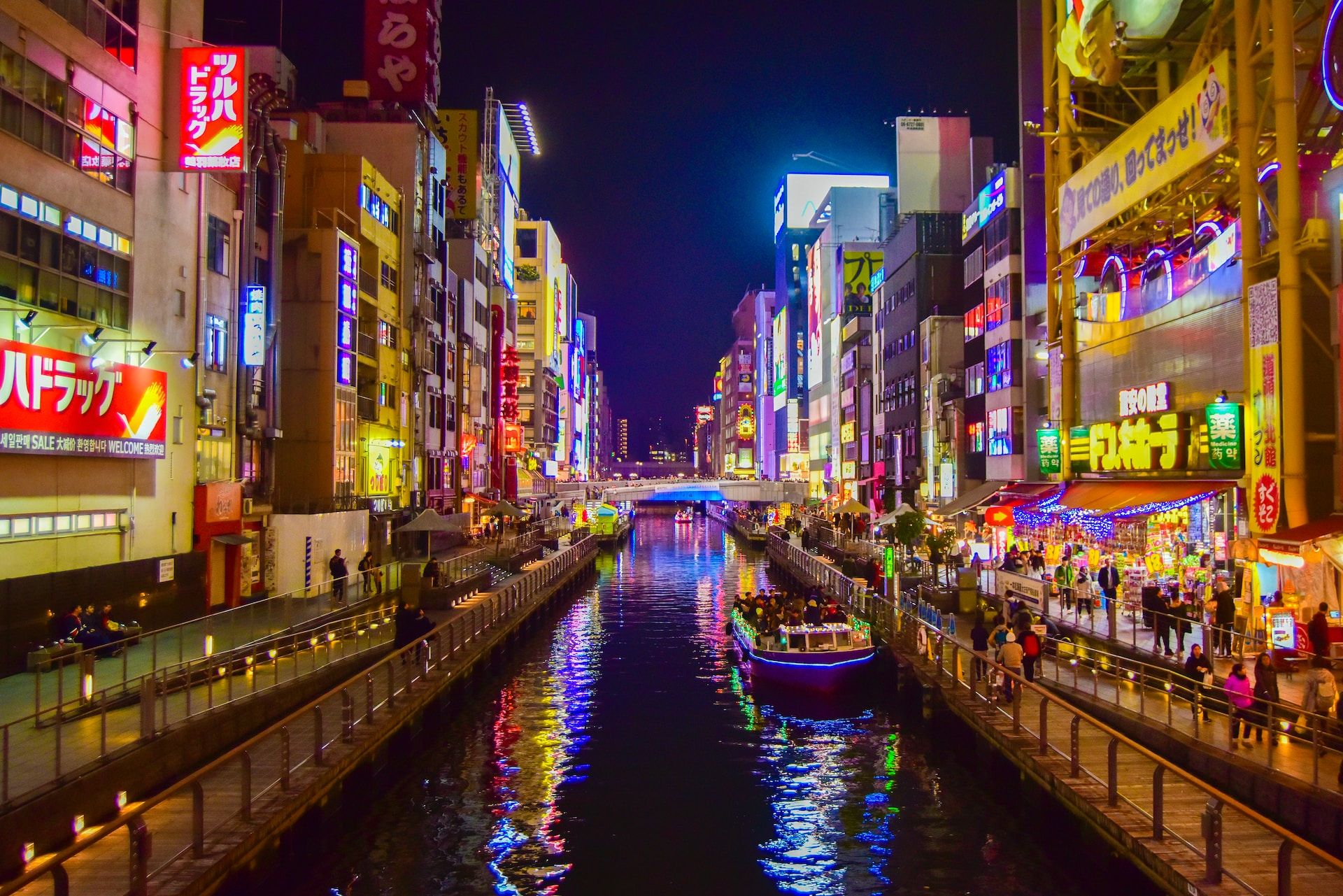Plenty of Asian countries, such as Singapore and South Korea, are considered extremely safe for tourists. However, one destination in particular often tops the list: Japan. So, why did Canada just release a travel warning for this country?
Despite having some of the highest safety levels in the world, Japan is often hit by natural disasters, such as the earthquake that struck off the coast of the country in late May. Unfortunately, one of the main islands of Japan is now dealing with heavy rainfall and flooding. Because of this, the Canadian government has recently issued a new travel warning alerting its citizens about the current situation.
Canada Issues Travel Warning For Japan
The Canadian government has published a new travel advisory for Japan, which is now experiencing heavy rainfall and flooding. Unfortunately, millions of people have already been evacuated as the Kyushu region, the most southerly of the four largest islands in the country, continues to be hit by heavy rain. Right now, news media outlets are reporting that two people are likely dead and many others are still missing.
The Canadian updated advisory states:
Since August 8, 2025, heavy rainfall has caused severe flooding and mudslides across several prefectures in Japan. There is significant disruption to the following essential services: transportation, including operations at airports, power distribution, water and food supply, telecommunication networks, emergency services, and medical care.
The advisory suggests a few tips for all Canadian citizens visiting Kyushu right now. People are asked to regularly monitor local news and weather reports and follow the instructions of local authorities.
In particular, tourists should expect sudden evacuation orders. Apart from the current situation, the Canadian government considers Japan safe and has assigned it a green code, meaning ‘take normal security precautions’ when visiting.
Japan Is Among The Safest Countries In Asia

Photo by Juliana Barquero on Unsplash
Dotombori District at Night, Osaka, Japan
Addressing which countries are the safest can be pretty difficult. Plenty of factors must be taken into account, such as criminality levels, natural disaster risks, and health risks. However, according to the U.S. News World’s Safest Countries List,
Japan tops the list for Asia. This country is considered 16th in terms of safety in the entire world, and, not by chance, the Canadian government decided to assign Japan a green code despite its many natural disasters.
The U.S. Department of State also agrees, putting Japan on its Level 1: Exercise Normal Precautions list. This is because, compared to other countries, Japan doesn’t truly have tourist scams, and walking alone at night is considered safe. Despite this, the Japan National Tourism Organization has published a few safety tips for all tourists wanting to visit the country:
There is always a possibility, however unlikely, that you might fall victim to a form of petty crime during your stay in Japan. If you need help, head to a local koban—the small police boxes dotted throughout Japanese neighborhoods. If you don’t know where one is, just ask. If you should find yourself without your credit cards, airline tickets, or passports due to theft, contact the issuers to arrange for replacements. Keep a list of relevant numbers.
Yet, while scams and frauds are unlikely, natural disasters such as the one happening right now and earthquakes are pretty much the norm, especially in certain regions.
Those who grew up in a non-seismic area should learn what to do in case an earthquake hits the country while traveling there. In general, people are advised to always follow the instructions of staff members when inside a store and try to keep calm when at their accommodation. Buildings in Japan are anti-seismic, meaning that the likelihood of them collapsing is incredibly low.
Unfortunately, despite the high safety levels, Japan is still hit by regular floods and earthquakes, which can be a serious hazard for tourists and locals alike. Hopefully, the Japanese rescue team will soon find all the people who are now missing because of the flooding.


AloJapan.com